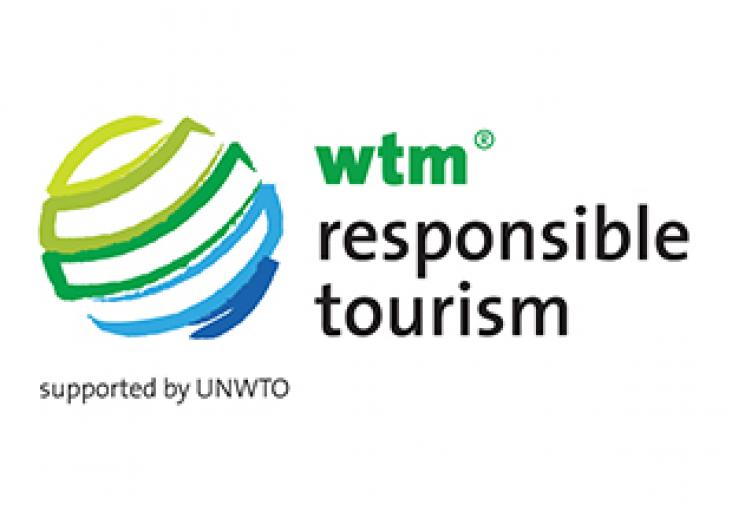This book chapter addresses goals 1, 8 and 15 by focusing on rainfall index, which links insurance payouts to historical rainfall data from reliable weather gauging stations, and how it relates to crop and livestock losses. The system works in such a way that if the data shows that the rainfall amount is below the threshold, the insurance pays out. If implemented effectively, it has the potential to revolutionise access to formal insurance by smallholders.
This book chapter addresses goals 6, 8 and 13 by documenting experiences that many dryland agricultural regions can expect to encounter in coming decades as changing climate, demographic characteristics, and socioeconomic factors take hold.
Elsevier,
A Comprehensive Guide to Solar Energy Systems With Special Focus on Photovoltaic Systems, 2018, Pages 469-484.
This chapter addresses goals 11 and 8 by examining the growth of solar photovoltaic power across regions and countries, as well as offering some predictions as to how and where future development will take place.

To celebrate 2017 as the International Year of Sustainable Tourism for Development, World Travel Market London is focusing World Responsible Tourism Day – including the WTM Responsible Tourism Awards – on the UN Sustainable Development Goals.
The awards categories are centred on the UN’s Sustainable Tourism Goals, with a focus on businesses, destinations and organisation which can clearly demonstrate their contribution to sustainable development
Partner content
United Nations Global CompactUnited Nations Global Compact, November 2018
This report celebrates the 70th Anniversary of the Universal Declaration of Human Rights (UDHR) and builds upon the UN Global Compact Progress Report. With a particular focus on SDG 8, it highlights initiatives by Global Compact Local Networks around the world, presents snapshots of good practice from companies participating in the UN Global Compact and showcases initiatives that are advancing the UN Guiding Principles on Business and Human Rights.
This book chapter addresses SDG 5 and 8 by explaining the stereotype and stereotype threat that presents difficult challenges to women in STEM. This dual hazard impacts standardized testing as well as workplace acceptance and success.
This book chapter addresses SDG 5 and 8 by showcasing how gendered communication styles affect workplace interactions and performance, and STEM fields, which are traditionally male-dominated, frequently exhibit masculine practices that limit women.
Partner content
United Nations UniversityUnited Nations University, September 2018.
Directly relating to SDG 8 (Decent Work and Economic Growth), this report offers an analysis of countries' development spending commitments to achieve target 8.7 (eradicate forced labour, modern slavery and human trafficking).
As an extension of a previous work (Chen and Han, 2015a), this study explored the arable land use of the world economy from source of exploitation to sink of final consumption via the global supply ch
Care-giving is on the rise and is affecting more and more people. Companies need to address the increasing demands of care-giving-related issues for its employees. This article examines ways in which companies can support employees with care-giving responsibilities, contributing to SDGs 3, 5 and 8.
